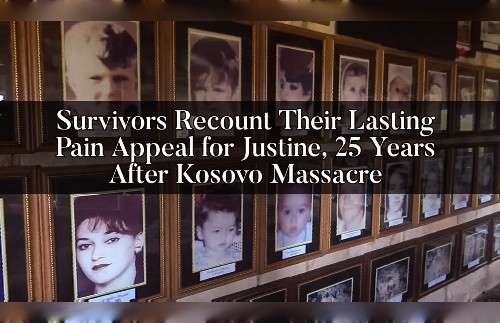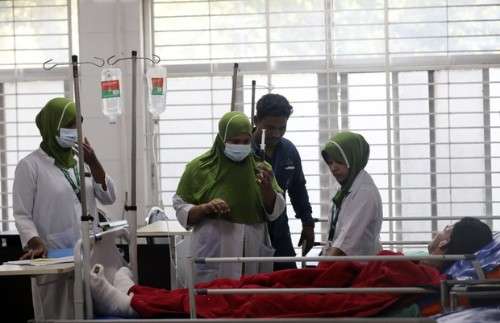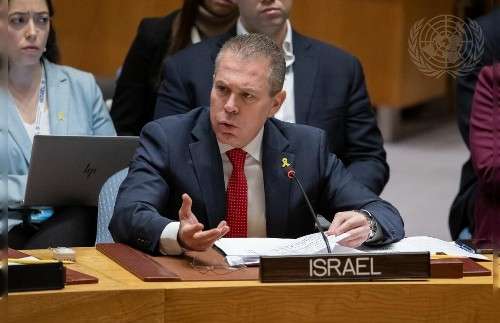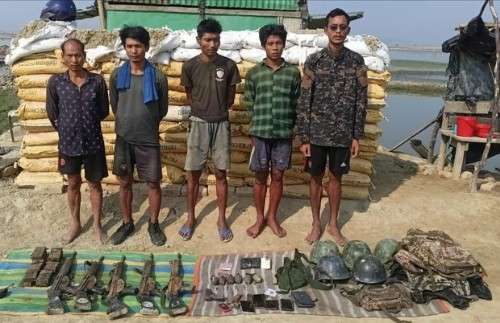
Afghanistan must take immediate steps to implement the President’s decree to release prisoners to control the spread of COVID-19, Amnesty International said today, calling on the authorities to prioritize women prisoners.
As the number of cases in Afghanistan rises, there are fears that prisoners in overcrowded detention facilities, often where up to five people are squeezed into a single cell in unsanitary conditions and without access to adequate health facilities, are at high risk of infection.
“Ten days have passed since Afghanistan’s President ordered the release of prisoners and nothing has happened. Every day, the risk to them rises. At particular risk are women prisoners, many of whom have children with them. There is ongoing discrimination against women and girls in general in Afghanistan. This discrimination beside many other challenges makes women least important. The government must take immediate measures for the release of these women and for them to be safely relocated to limit the risk to them,” said Biraj Patnaik, South Asia Director at Amnesty International.
Afghan civil society groups have raised concerns about the conditions of women prisoners. In an open letter to President Ashraf Ghani this week, the Afghan Women’s Network pointed out that many women prisoners at risk have not committed serious crimes or are yet to be convicted. Many of them are also mothers, with their children in custody with them. Like elsewhere in South Asia, Afghanistan’s prisons are overpopulated.
According to A communique released by the Amnesty Internation on 10 April, Afghanistan faces particular challenges in dealing with the COVID-19 outbreak given the continuing conflict in the country, poor health infrastructure with just 300 ventilators, a shortage of doctors and other trained health workers, and a lack of testing facilities.
Amnesty says that with a lockdown imposed in parts of the country, including Kabul, daily wage earners, internally displaced people and other marginalized are also at high risk – faced with the cruel choice between infection and starvation, in a country where the government is dependent on international assistance for three-quarters of its national budget.
The western province of Herat, is the epicentre of the COVID-19 crisis, followed by Kabul, the capital. Both Herat and Kabul are where the majority of women prisoners are located.
To date 521 cases have been reported across the country, affecting 27 out of 34 provinces, and resulting in at least 15 deaths.
It’s also crucial that the international community steps in to bolster the Afghan government’s efforts. Few countries have suffered as much as Afghanistan in recent years. The people of Afghanistan must not be abandoned at this crucial moment when they urgently need the world’s attention.”
UN Security Council Meets to Discuss the Maintaince of Peace and Security of Ukraine
Thailand Urges Myanmar’s Junta to Free Aung San Suu Kyi
Survivors Recount Their Lasting Pain Appeal for Justine, 25 Years After Kosovo Massacre
Burn Victims in Bangladesh Suffer Doubly with Few Specialty Hospitals for Treatment
UN Security Council Meets to Discuss Situation in Middle East, Including Palestinian Question
Ethnic Army Intercepts Junta Offensive on Thai-Myanmar Border
Russian Shelling of Ukraine’s Zaporizhzhia Dam Has Dire Consequences
Myanmar Border Guards, Soldiers and Civilians Flee to Bangladesh
Subscribe Our You Tube Channel
Fighting Fake News
Fighting Lies











